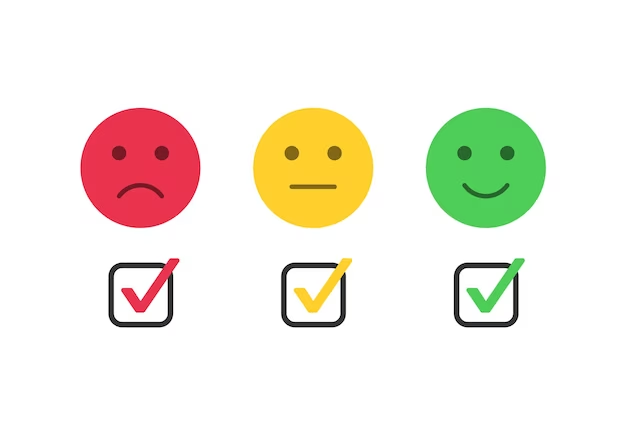
Credit score is one of the most important variables in assessing a person's financial solvency.
A good score can open doors to credit with lower interest rates and better terms, while a bad score can limit options and make loans more expensive.
What is a credit score?
A credit score, also known as a credit score, is a number that reflects the financial solvency of a person or company.
This score is calculated based on several factors, such as payment history, level of indebtedness, age of accounts and other relevant indicators.
The credit score is used by lenders and financial institutions to assess the risk of granting a loan or line of credit to an applicant.
The higher the credit score, the greater the likelihood of obtaining a loan with good terms and favorable interest rates.
Why is it important to have a good credit score?
Having a good credit score is essential for accessing loans, credit cards and other financial services.
A good credit score indicates that you are a reliable and responsible customer, which increases your chances of getting better interest rates and more favorable terms on your loans.
In addition, a good credit score can also be a determining factor when renting an apartment or applying for a job.
Many landlords and employers check applicants' credit scores to assess their financial solvency and responsibility.
On the other hand, having a bad credit score can limit your financial options and make it more difficult to obtain loans or credit cards.
In addition, you may have to pay higher interest rates and less favorable terms on your loans.
Foolproof tricks to improve your credit score in just 3 months
If you're looking to improve your credit score in a short amount of time, here are some sure-fire tricks:
- Pay your debts on time: payment history is one of the most important factors in credit score. Be sure to pay your debts before the due date to avoid delays and additional fees;
- Reduce your level of indebtedness: Another important factor is your level of indebtedness. Try to reduce your debts and do not use more than 30% of your available credit limit;
- Don't close your old accounts: Old accounts with good credit history can help improve your score. Don't close them even if you don't use them;
- Request an increase in your credit limit: If you have a good credit history, you can request an increase in your credit limit. This can help reduce your level of indebtedness and improve your score;
- Keep an eye on your credit report: regularly check your credit report for errors or fraud.
Check your credit report
The first thing you should do to improve your credit score is to review your credit report.
This document contains all the information about your loans, credit cards and other types of credit.
It is important to review your credit report to make sure there are no errors or incorrect information.
If you find any errors, you should report them to the appropriate credit bureau so that they can be corrected.
Pay your debts on time
One of the most important things you can do to improve your credit score is to pay your debts on time.
If you have credit cards or loans, make sure you make your monthly payments on time.
If you have trouble remembering payment dates, set reminders on your phone or use online tools to manage your finances.
You can also consider setting up automatic payments to make sure you always pay on time.
Reduce your credit usage
One of the main reasons your credit score can suffer is excessive credit usage.
If you use more than 30% of your credit card limit, it can have a negative impact on your score.
To improve your credit score, try to reduce your credit usage and stay under 30% of your limit.
You may also consider requesting an increase in your credit card limit to help maintain a low usage rate.
Increase your credit card limit
If you have a good relationship with your bank and have proven to be a responsible customer, you can request an increase in your credit card limit.
This can improve your credit score by increasing your available credit utilization ratio.
It is important to remember not to use all of your card's new limit, as this can have a negative effect on your credit score.
You should continue to use only a small portion of the available limit and pay your bills on time to maintain a good relationship with the bank and further improve your credit score.
Don't close your old credit accounts
Closing an old credit account may seem like a good idea to avoid debt, but it can actually negatively affect your credit score.
Old accounts demonstrate your credit history and show that you have experience managing your finances over the long term.
If you decide to close an old account, keep in mind that it can also affect your relationship with the bank or financial institution.
If you need to reduce your debts, look for other options such as negotiating with the bank for a payment plan or consolidating your debts into one account.
Don't apply for too much new credit
Applying for too much new credit can negatively affect your credit score.
Each time you apply for new credit, an inquiry is made on your credit history and this can temporarily lower your score.
In addition, having too much available credit can also be seen as a risk by lenders, as it increases the chance that you won't be able to pay off all of your debts.
Conclusion
In summary, improving your credit score is not an easy task, but it's not impossible either.
With the tricks we have provided you with in this article, you can start seeing results in just 3 months.
Remember to always pay your debts on time, use your credit responsibly and maintain a good credit history.
With patience and perseverance, you will achieve an excellent credit score and access better financial opportunities in the future.






